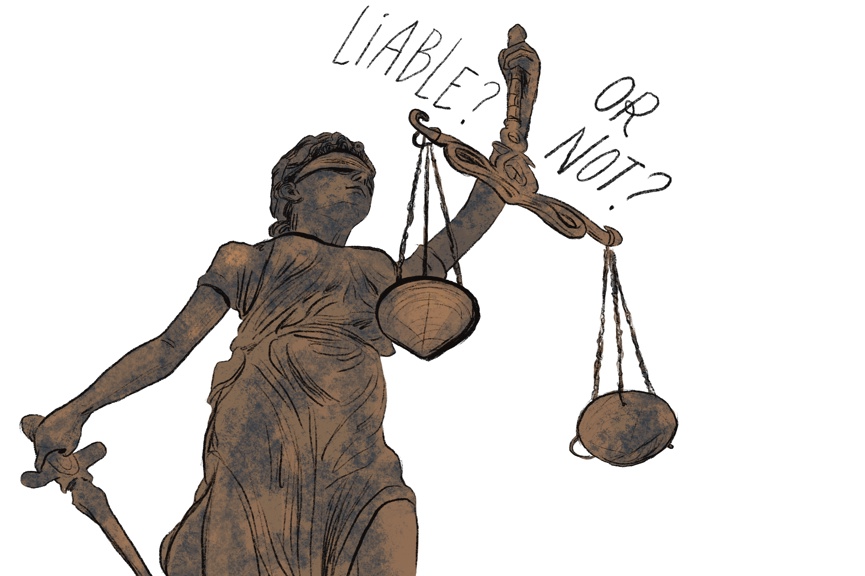- Corporate Law and M&A
- abolition of quasi-immunity of the executive agent , quasi-immunity of the executive agent , quasi-immunity , personally liable , the liability of the execution agent , auxiliary person , executing agent , personal liability , extra-contractual fault , liability regime , director , the director's personal liability , the director's personal liability risk
As already explained in the first part of our series of articles regarding the abolition of the quasi-immunity, it follows from the principle of "the quasi-immunity of the executing agent" that the person who effectively executes contracts on behalf of a company cannot be held liable for damages incurred by the company's counterparty. In practice, it was only in case of criminal misconduct that the executing agent could be held personally liable.
This principle that extremely limited the liability of the execution agents (including directors), will be abolished by 1 January 2025. Note that along with the abolition of this principle, the New Civil Code also replaces the term "executing agent" by "auxiliary person".
In other words, company directors are on the eve of significant changes regarding their personal liability for the performance of their duties.

1. What does the new regulation stipulate?
As from 1 January 2025, the "auxiliary person" can be held personally liable by the counterparty if he commits an extra-contractual fault. In contrast, the auxiliary person will not be liable if the mistake is merely a contractual.
Hence, this change in the law is extremely relevant as directors effectively qualify as "auxiliary persons". They will therefore be personally liable for damages resulting from (extra-contractual) faults in the performance of their managerial duties as from 1 January 2025.
These are e.g. faults such as unlawful payments, violation of environmental legislation, misuse of company assets, failure to comply with the duty of care, violation of competition rules, etc. For example, if there have been environmental violations in the performance of a contract (e.g. noise pollution), it is possible for the contractual counterparty to sue the director personally for damages suffered as a result of these environmental violations.
This change in the law thus increases the possibility of recourse on the part of the contractual counterparty against the director personally, even if the director acted in the name and on behalf of the company.
2. What does this mean in practice for you as a company director?
The new liability regime will apply to all facts from 1 January 2025 onwards. This means that it will also apply to contracts that had already been agreed before the change of the law.
Of course, there are some contractual measures you can take as a director. In this regard contracts entered into by the company can stipulate that the auxiliary person cannot be held liable by the contractual counterparty. Indeed, the new regulation provides for the possibility to contractually exclude the extracontractual liability of the auxiliary person.
This contractual ground for exclusion is all the more relevant for directors because a company is not allowed to indemnify its directors against their liability in advance. In other words, the company and the director cannot agree in their mutual contract that the company ‘assumes’ the director's personal liability risk.
Therefore, it is certainly interesting for directors to exclude their personal liability as auxiliary persons within the framework of the agreements between the company and its contract parties.
Do not hesitate to contact our specialists, should you have any query at info@be.Andersen.com or +32 (0)2 747 40 07.
Read also






